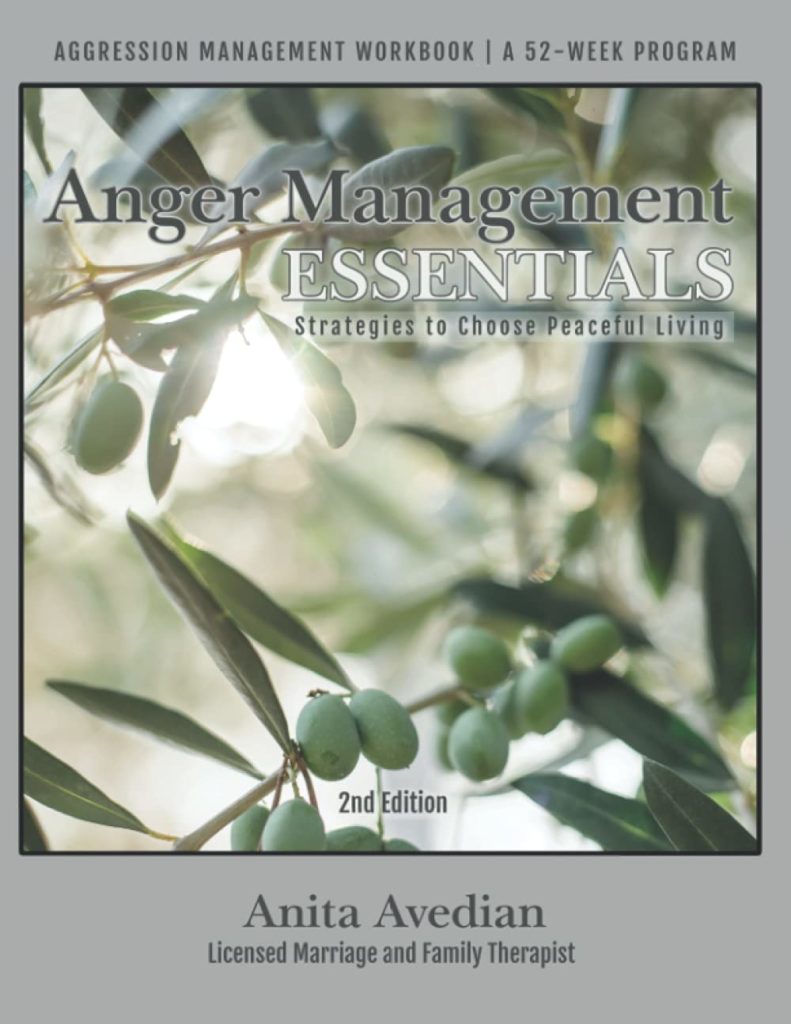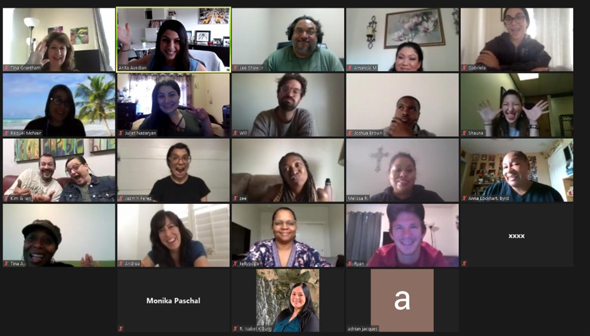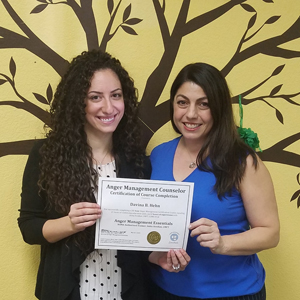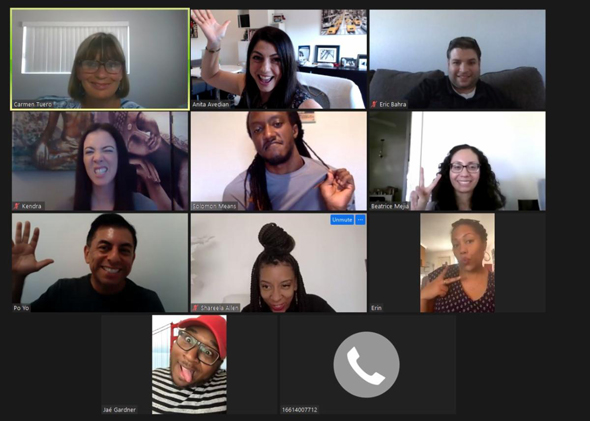

1- Participants will be able to use six anger management tools to treat aggressive clients through the training.
2- When screening during an intake, participant will be able to assess whether the client will benefit from an anger management program through the tips discussed during the workshop.
3- Participant will be able to prepare a progress report for both the courts and the workplace.
4- When dealing with disruptions, participant will integrate strategies to manage a cohesive group.
5- Participants will incorporate activities through experiential learning in the training to treat aggressive clients.
6- Participants will demonstrate both group and individual facilitation skills through mock sessions.
1- Client workbooks (adult and teen)
2- The Facilitator’s Manual (soft copy)
3- Many clinical tools to be used for each individual or group session
4- Resources for the various anger management assessment tools
5- Four opportunities to practice group and one on one facilitating during the training; and
6- Business forms and paperwork that is requested from the courts (soft copy is also provided).
1- Marketing your practice, consultation, advertising tips; or
2- CAAMP or NAMA membership fees.
21 CE’s are offered – Course meets the qualifications for 21 hours of continuing education credit for LMFTs, LCSWs, LPCCs, and/or LEPs as required by the California Board of Behavioral Sciences.
CAMFT Provider Number 128471

Accommodations – If you have a disability, and need accommodations, please email Anita at anita@anitaavedian.com
Refund policy- visit www.AngerManagementEssentials.com for the refund policy. Or request via writing.
Grievance- If you have questions or concerns, please do so in writing to Anita Avedian at anita@anitaavedian.com. Your concerns will be addressed within 7 business days. If you are a psychologist only, please email your grievance to Stephanie Haibloom, Psy.D.



Sherman Oaks, CA
15233 Ventura Boulevard, Suite 1208
Sherman Oaks, California 91403
Glendale, CA
320 Arden Avenue, Suite 240
Glendale, California 91203
Woodland Hills, CA
20300 Ventura Blvd., Suite 330
Woodland Hills, CA 91364
Phone: (818) 426-2495
Fax: (818) 783-2927
Anita Avedian is a Licensed Marriage and Family Therapist practicing in Los Angeles, including her Sherman Oaks and Glendale locations. She graduated with her M.S. in Educational Psychology, and completed two certifications including Employee Assistance Program and Human Resources from California State University of Northridge. Her specialties include working with relationships, anger, anxiety, and addictions.